The question is too broad for the answer. There are many problems regarding these questions, even more so when the incompatibility of the different MySQL-based engines is notorious.
For me the best option is to know the state of variables at the time of making the backup with the option --opt (mysqldump --opt) and apply it to our backup if it does not have it as usual, either because the original backup I did not have it, or because the one that has happened to us is incorrect.
If the backup does not contain the settings with which it was made, we will have to start investigating, but basically we can do it like this.
Add SETtings to header of backup
echo '
/*!40101 SET @OLD_CHARACTER_SET_CLIENT=@@CHARACTER_SET_CLIENT */;
/*!40101 SET @OLD_CHARACTER_SET_RESULTS=@@CHARACTER_SET_RESULTS */;
/*!40101 SET @OLD_COLLATION_CONNECTION=@@COLLATION_CONNECTION */;
/*!50503 SET NAMES utf8mb4 */;
/*!40103 SET @OLD_TIME_ZONE=@@TIME_ZONE */;
/*!40103 SET TIME_ZONE='+00:00' */;
/*!50606 SET @OLD_INNODB_STATS_AUTO_RECALC=@@INNODB_STATS_AUTO_RECALC */;
/*!50606 SET GLOBAL INNODB_STATS_AUTO_RECALC=OFF */;
/*!40014 SET @OLD_UNIQUE_CHECKS=@@UNIQUE_CHECKS, UNIQUE_CHECKS=0 */;
/*!40014 SET @OLD_FOREIGN_KEY_CHECKS=@@FOREIGN_KEY_CHECKS, FOREIGN_KEY_CHECKS=0 */;
/*!40101 SET @OLD_SQL_MODE=@@SQL_MODE, SQL_MODE='NO_AUTO_VALUE_ON_ZERO' */;
/*!40111 SET @OLD_SQL_NOTES=@@SQL_NOTES, SQL_NOTES=0 */;' | cat - mybackup.sql > temp && mv temp mybackup.sql
Add restore SETtings to end
/*!40103 SET TIME_ZONE=@OLD_TIME_ZONE */;
/*!50606 SET GLOBAL INNODB_STATS_AUTO_RECALC=@OLD_INNODB_STATS_AUTO_RECALC */;
/*!40101 SET SQL_MODE=@OLD_SQL_MODE */;
/*!40014 SET FOREIGN_KEY_CHECKS=@OLD_FOREIGN_KEY_CHECKS */;
/*!40014 SET UNIQUE_CHECKS=@OLD_UNIQUE_CHECKS */;
/*!40101 SET CHARACTER_SET_CLIENT=@OLD_CHARACTER_SET_CLIENT */;
/*!40101 SET CHARACTER_SET_RESULTS=@OLD_CHARACTER_SET_RESULTS */;
/*!40101 SET COLLATION_CONNECTION=@OLD_COLLATION_CONNECTION */;
/*!40111 SET SQL_NOTES=@OLD_SQL_NOTES */;' >> mybackup.sql
If you don't have those settings you can make a mysqldump backup with the --opt option on the original server, in order to get them.
If you don't have it, you can go little by little, setting the necessary settings, both at the start and at the exit.



